We felt like easing our way back into Western society, so we chose Hong Kong as our last stop in Asia. After a very intense China, that proved to be a wise decision. With a little help from a friend, we were able to stay at the perfect location: In Mui Wo, on the island of Lantau, just a stone throw away from the ferry pier. What a great place to stay! A ferry every 30 minutes for USD 1.80, and 45 minutes later you’re in Hong Kong Central. At the same time, the island offered somewhat of a refuge, providing beautiful views over the ocean, and great hiking material through dense forests at the same time.
Hong Kong itself enjoys a special status not unlike Singapore, which made us like it immediately. It’s another very nice blend of East and West, with enough West to get Facebook and Google without trickin’, but still enough East to set it apart from London and Co. Fancy sky scrapers separated by nice little alleys filled with anything from cozy bars to Asian street food – we liked it. Home to over 7 Million people, Hong Kong seems quite a nice place to settle down. It’s got all the amenities of a major capitol city, is considered the world’s third most important financial trading hub, features a strong, independent currency and yet offers this special little flair not many cities of this caliber do: When gliding through the Victoria Harbour at sunset, watching the lights turn on on both sides of the waterway, you can’t help but feel that life is probably not too bad here.
Just an hours ride in a speedboat away lies Macau, notoriously famous for being the “Monte Carlo of the East.” Technically being a Special Administrative Region of China (SAR), just like Hong Kong, the small island(s) remind the visitor much more of Portugal than anything else: From the welcome signs to the bus time tables, everything is first and foremost written in Portuguese, which does seem highly odd. I mean, here’s the Região Administrativa Especial de Macau da República Popular da China, surrounded and de facto governed by China, inhabited by just over 600’000 people, 95% of which Chinese vs. only 2% actual Portuguese – but yet, everything is labeled in Portuguese. Seems like these guys left quite the legacy when they handed over the area to the Chinese. And not only did they leave their language, they left their hobby, too: Gambling has been legal in Macau since it’s foundation, and continues to be so today. It’s so popular, in fact, that thousands if not millions of tourists come here to do so, making the profit from gambling over 70% of the governments total income! Think of that what you like, but it does not seem to hurt the place: Macau features the second highest life expectancy in the world, is considered one of the world’s richest cities as well as one of the few places in Asia with a “very high Human Development Index”.
Whether you’re strolling around in the alleys near Hong Kong Central or gambling away your traveler’s budget in the Venetian in Macau, you can’t help but think that those places somehow seem surreal. Only a few kilometres away from the Chaos of mainland China, they provide a safe harbour for anybody looking for that Chinese touch without those Chinese limitations. At the same time, you can’t help but wonder what’s going to happen once the 50-year special status agreements with China run out, and those place run the risk of actually becoming China…
Oh, and if you’re ever faced with a rainy day in Hong Kong and aren’t sure what to do: Aim for the House of Dancing Water show in Macau. I thought the review saying “Cirque du Soleil on steroids” sounded a bit exaggerated, but turns out it wasn’t. It’s simply mind-blowing.

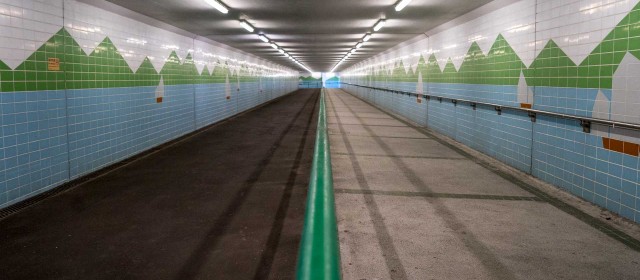

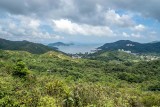
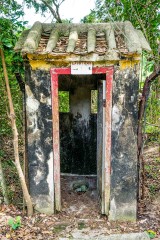
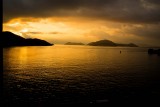
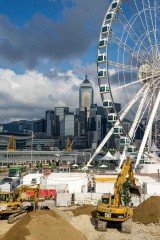
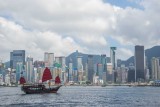
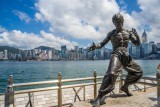
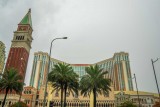
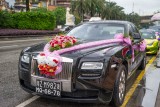
1 Comment
Very interesting about Macau. The Portuguese and the gambling and the standard of living. I’ll have to check it out.